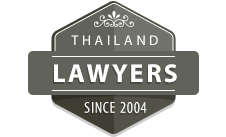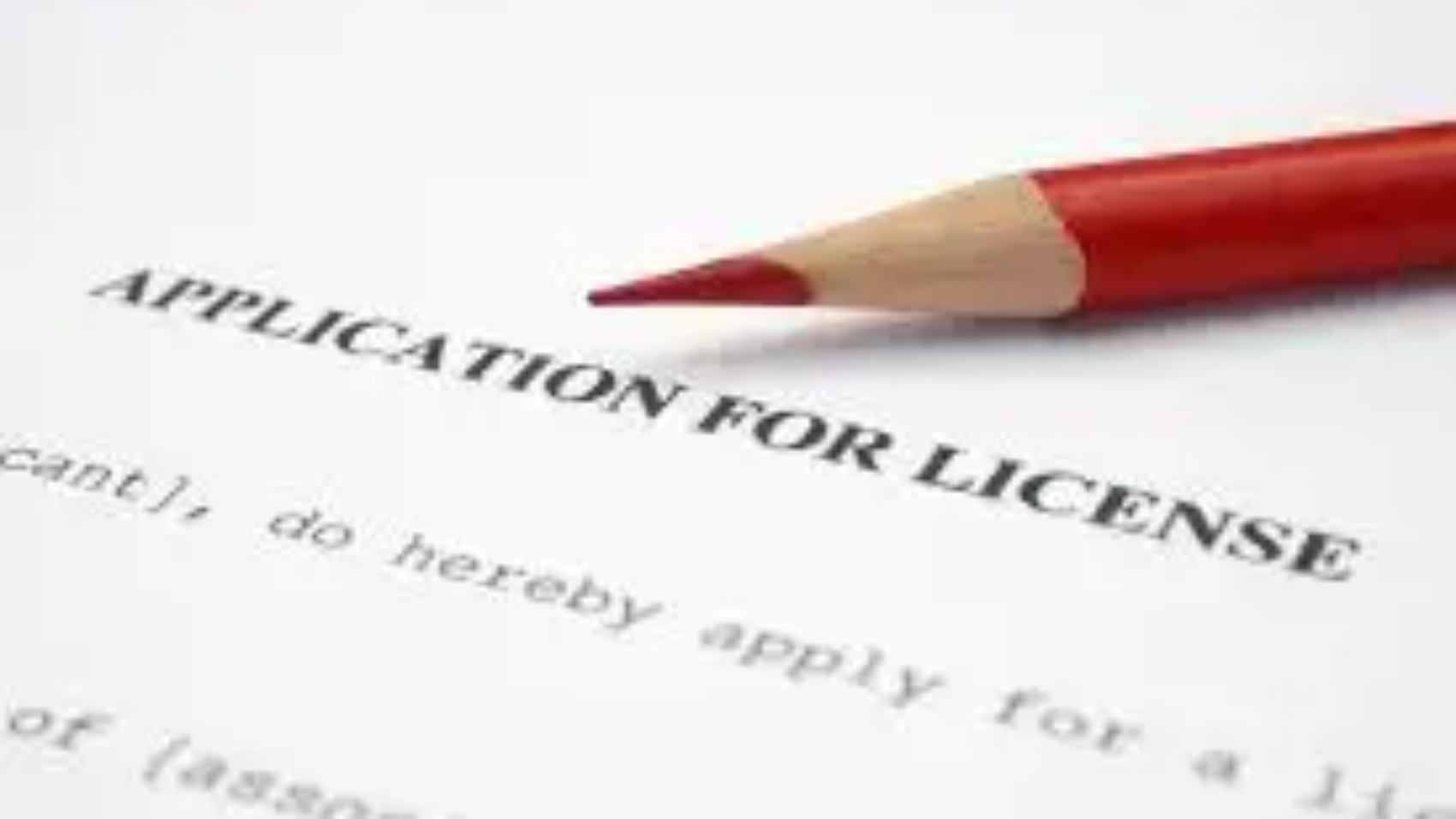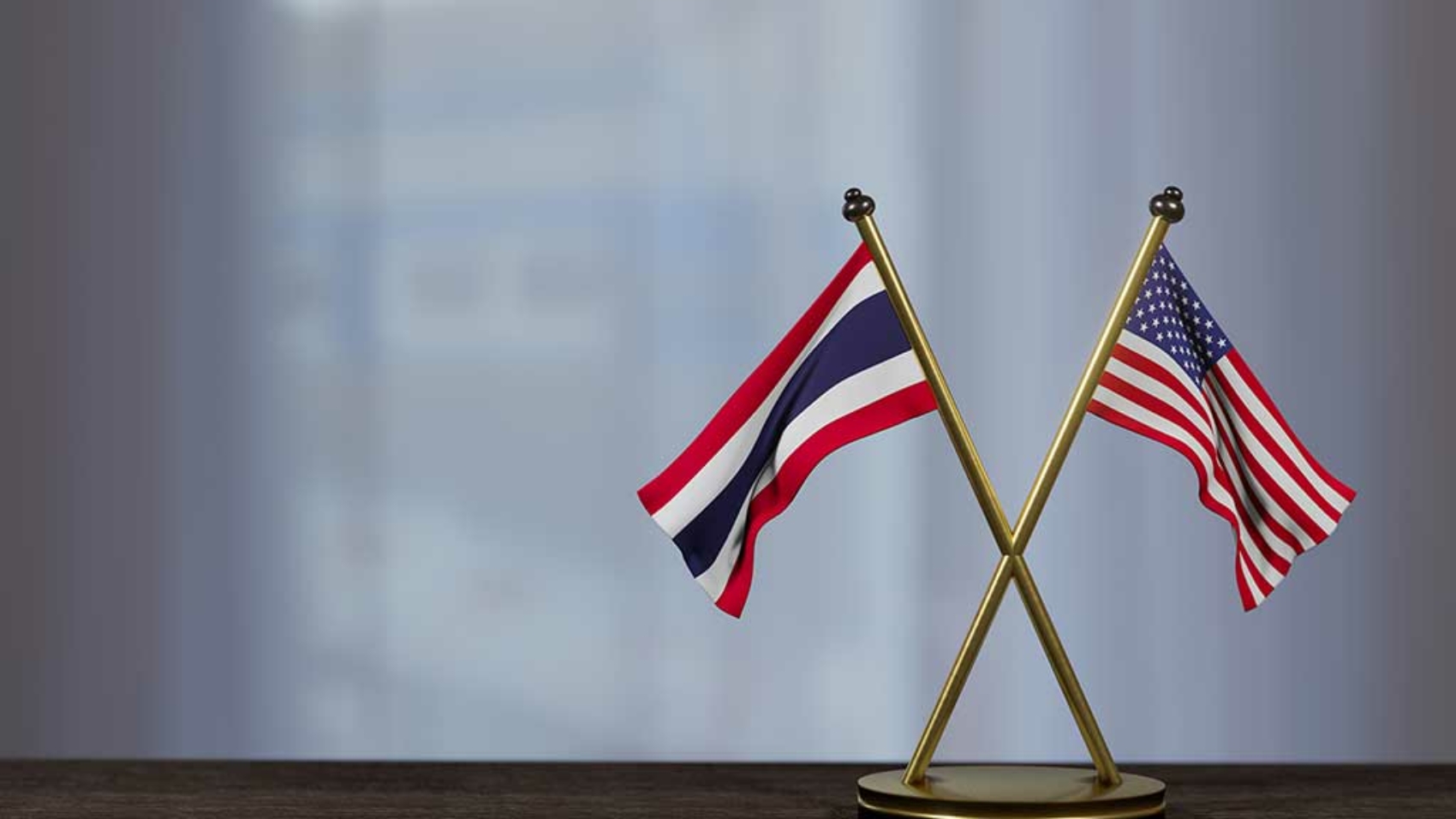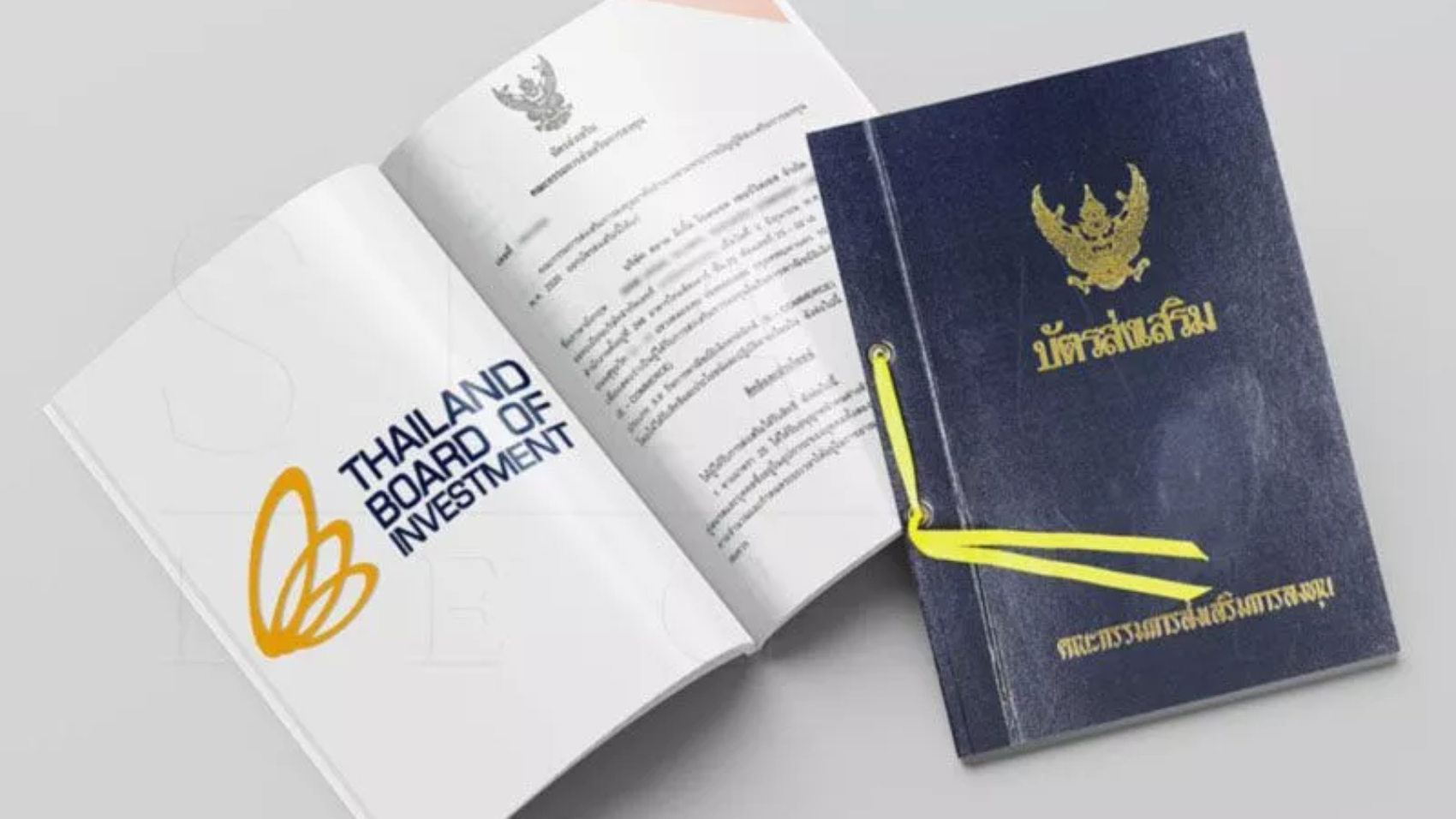The Foreign Business Act, B.E. 2542 (1999) (“FBA”), is the principal statute regulating foreign participation in business activities in Thailand. Enacted to protect national economic interests while accommodating selective foreign investment, the Act provides a framework of prohibitions, licensing schemes, and exceptions.
-
Enacted by Royal Thai Government Gazette on March 3, 1999
-
Supersedes the 1972 Alien Business Law
II. Definition of “Foreign”
Under Section 4 of the FBA, a “foreigner” includes:
-
A natural person who is not of Thai nationality
-
A juristic person registered outside Thailand
-
A juristic person registered in Thailand in which foreigners hold ≥50% of capital shares or voting rights
-
A limited partnership or registered ordinary partnership with a foreign managing partner
The legal threshold for “foreign control” is therefore not only equity-based but also functionally assessed based on control over management or decision-making.
III. Restricted Business Activities
The FBA organizes restricted activities into three annexed schedules (Lists 1–3):
List 1: Absolute Prohibitions
Activities that are completely off-limits to foreigners for reasons of national security, cultural preservation, or agricultural sovereignty.
Examples:
-
Newspaper publishing
-
Farming and forestry
-
Land trading
List 2: Activities Affecting National Safety, Arts, and Environment
These activities are not strictly prohibited but require a Cabinet-approved license. Thai nationals must hold ≥40% of shares, and ≥2/5 of directors must be Thai.
Examples:
-
Manufacturing firearms
-
Thai traditional medicine
-
Mining
List 3: Activities in Which Thai Nationals Are Not Yet Ready to Compete
These are subject to a Ministerial license from the Department of Business Development (DBD).
Examples:
-
Accounting
-
Legal services
-
Architecture
-
Construction
-
Restaurant operation
IV. Licensing and Exemption Mechanisms
1. Foreign Business License (FBL)
Issued by the Director-General of the DBD under ministerial authority. Requires:
-
Justification of technological or economic benefit
-
Proof that business is not contrary to public order or national interest
-
Submission of detailed financial, personnel, and business structure information
The FBL process is lengthy and subject to case-by-case discretion, often involving public sector and private advisory panels.
2. Treaty-Based Exemptions
a. U.S.-Thailand Treaty of Amity (1966)
Grants U.S. citizens and entities “national treatment”, allowing majority or wholly owned American businesses to operate outside Lists 1 and 2 (with some exceptions).
b. Japan-Thailand Economic Partnership Agreement (JTEPA)
Provides limited liberalization in professional services, engineering, and construction.
c. Australia-Thailand Free Trade Agreement (TAFTA)
Permits some Australian majority-owned service businesses to engage in otherwise restricted activities.
These treaties function as exceptions rather than repeals, and each requires certification and registration with the DBD.
3. BOI Promotion (Investment Promotion Act, B.E. 2520)
A foreigner operating under a BOI-promoted project may be exempt from certain FBA restrictions under Section 12. BOI-promoted businesses may:
-
Own land (in limited cases)
-
Employ foreign experts
-
Operate outside normal FBA constraints
V. Enforcement and Penalties
Violations of the FBA include:
-
Using Thai nominees to conceal foreign control
-
Operating a restricted business without a license
-
Exceeding foreign shareholding limits
Penalties:
-
Fines up to THB 1 million
-
Daily fines up to THB 50,000
-
Court-ordered business dissolution or asset forfeiture
-
Criminal charges against responsible directors or agents
The Thai government has increasingly cracked down on nominee structures, particularly those involving shelf companies or falsified shareholder arrangements.
VI. Corporate Structuring Considerations
While the FBA restricts foreign ownership, various structuring strategies have been used within legal margins:
-
Use of non-voting preference shares to retain foreign financial participation
-
Issuing warrants or convertible debentures with conditions
-
Management control via contractual means (though such practices may be closely scrutinized)
The DBD and Thai courts consider substance over form, and any structure that simulates Thai control without actual Thai ownership may be deemed non-compliant.
VII. Practical Trends and Reform Discussions
Recent economic liberalization debates have proposed:
-
Delisting certain List 3 activities (e.g., software, logistics)
-
Revising thresholds for foreign equity in certain professional services
-
Expanding treaty-based liberalization under the ASEAN Economic Community
However, most reforms have faced strong resistance from domestic lobbies and regulatory inertia.
Conclusion
The Foreign Business Act remains a cornerstone of Thailand’s investment regulatory regime. While it poses significant entry barriers for foreign-controlled businesses, it also provides clear pathways for compliance through licensing, promotion, and treaties. Investors must engage with not only the statutory text but also the regulatory realities, which include informal scrutiny, administrative discretion, and evolving enforcement trends.









